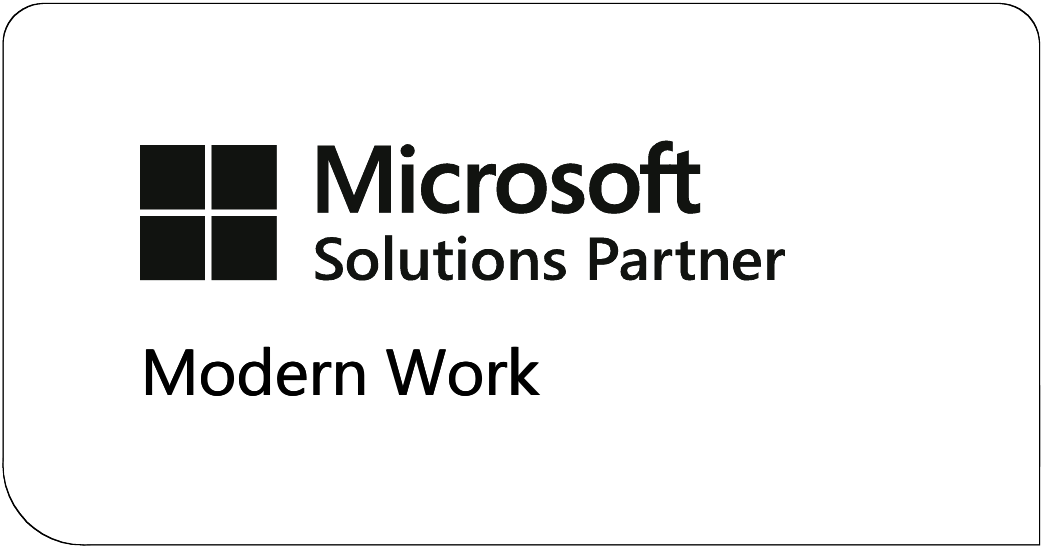NIS2; new legislation on the horizon
New legislation is on the horizon: the European Network & Information Security Directive (NIS2). It will officially come into force on October 17, 2024, but has been delayed in the Netherlands until early 2025. The directive concerns the improvement of digital resilience among European member states. It’s a significant law, especially for the digital sector.
What is NIS2
In Dutch, the NIS2 directive is known as the Network and Information Security Directive (NIB2). It’s a law that sets higher cybersecurity standards for larger users of digital techniques. Currently, we have NIS1, which in the Netherlands has been implemented as the Network and Information Systems Security Act (Wbni) and applies to large governments and ‘vital’ companies. With the new law, this target group will be greatly expanded. Many more sectors and also medium-sized companies will fall directly under it. Additionally, you will be indirectly affected if your customer falls under this law. This also applies to small companies that supply to large (re)organizations.
Impact for larger companies but also for small companies that service large organizations
Supervison for important and essential organizations
Be prepared for NIS2
The law includes a minimum of 10 measures
- Incident handling
- Policy on Risk Analysis and Security of Information Systems
- Business Continuity plan
- Supply Chain Security
- Security in the acquisition, development, and maintenance of network and information systems
- Policies and procedures to assess the effectiveness of measures for managing cybersecurity risks
- Basic practices in the field of cyber hygiene and training in cybersecurity
- Policies and procedures regarding the use of cryptography
- Security aspects regarding personnel, access policy, and asset management
- When appropriate, the use of multi-factor authentication or continuous authentication solutions, secure voice, video, and text communication.
How Universal Security as a Service can help you prepare for NIS2
Universal.cloud is a leading provider of security as a service (SECaaS) solutions that help you protect your data, devices, and applications from cyber threats. We use the CIS Critical Security Controls (CIS Controls) as a framework to guide our security services and ensure that you meet the highest standards of cyber security and compliance. In addition to the CIS Controls, we align our services with the NIS2 Directive, the EU’s latest network and information security standard. This ensures a higher level of security across network and information systems within the EU. Our commitment to the NIS2 standard means we are constantly updating our practices to adhere to the evolving security requirements and resilience strategies.

